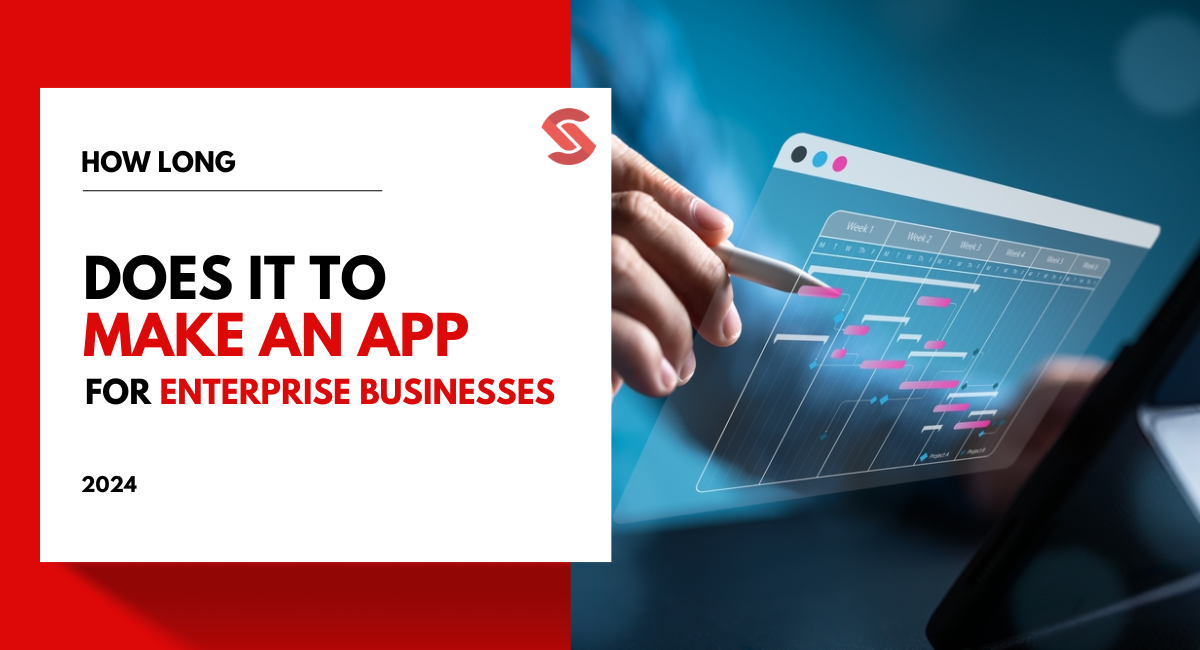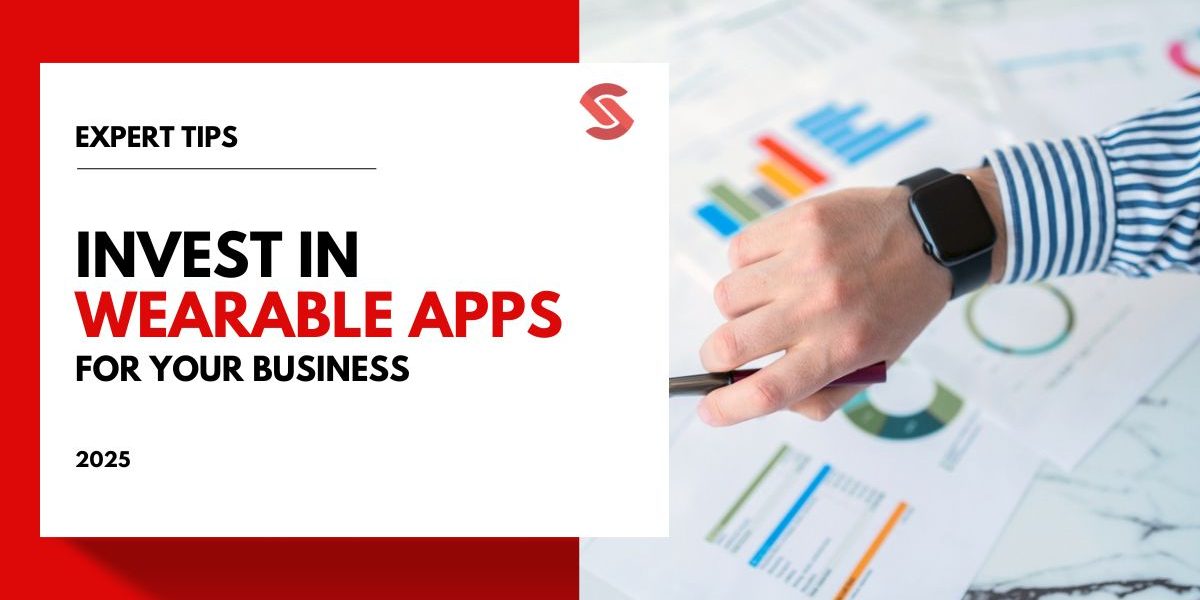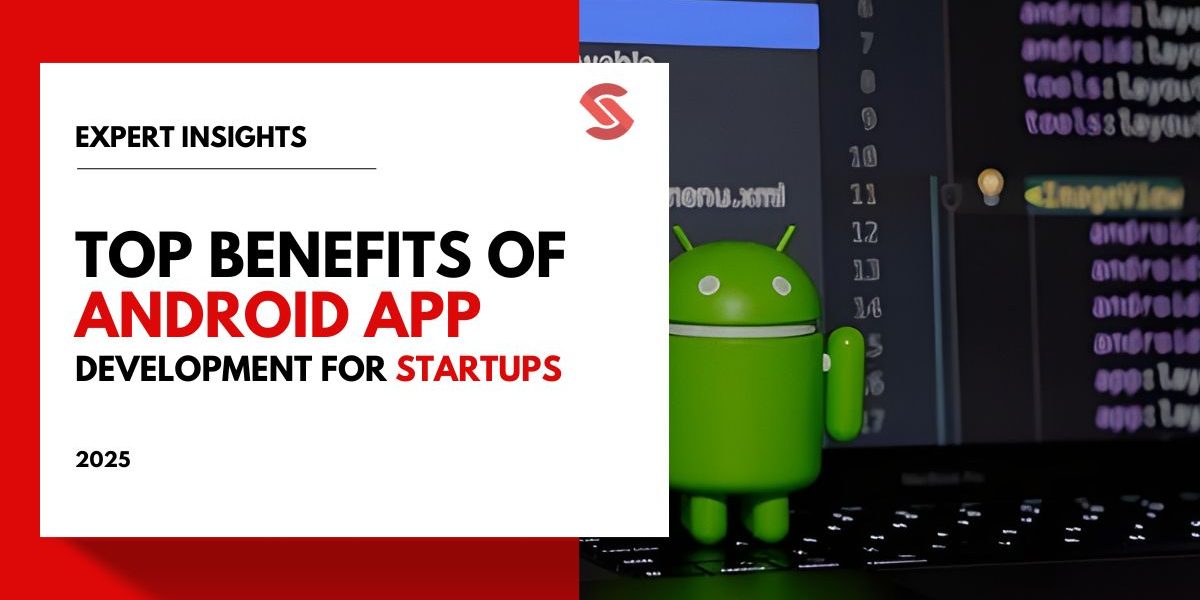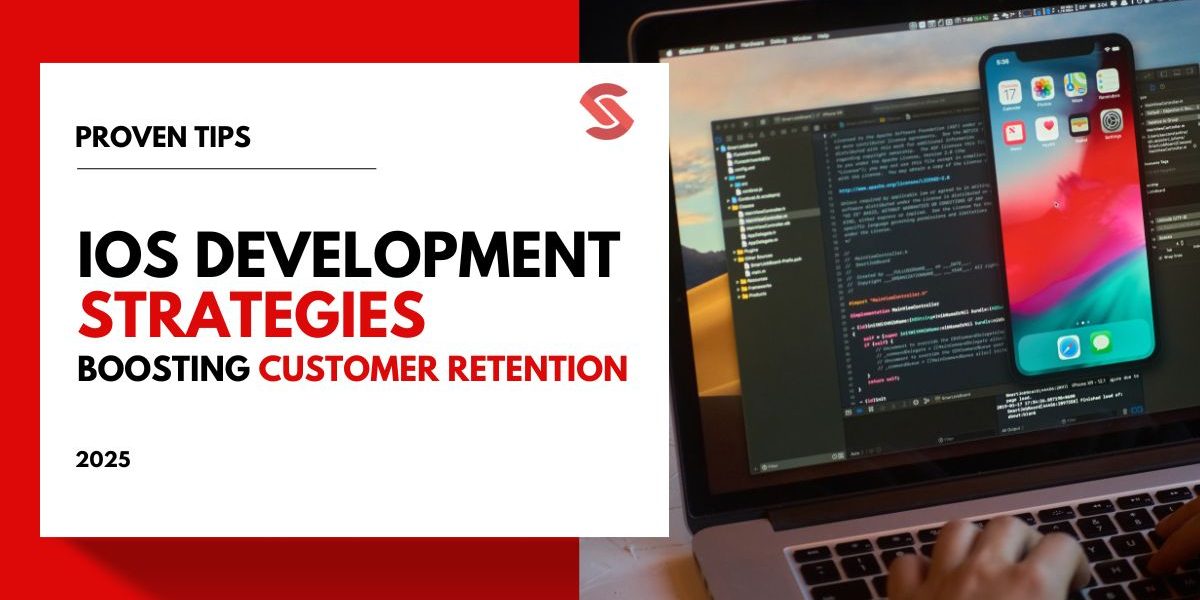Creating an app is exciting, but one of the biggest questions people have is, “How long will it take?” The timeline isn’t one-size-fits-all; it varies depending on your app’s complexity, features, and design needs.
Whether it’s a simple tool or a full-fledged platform, understanding the key phases; from planning and design to development and testing, can help you set realistic expectations.
In this blog, we will walk you through each stage, offering insights into how long different aspects might take, so you’re better prepared to manage time and resources efficiently.
How Much Time Is Required to Develop an App?
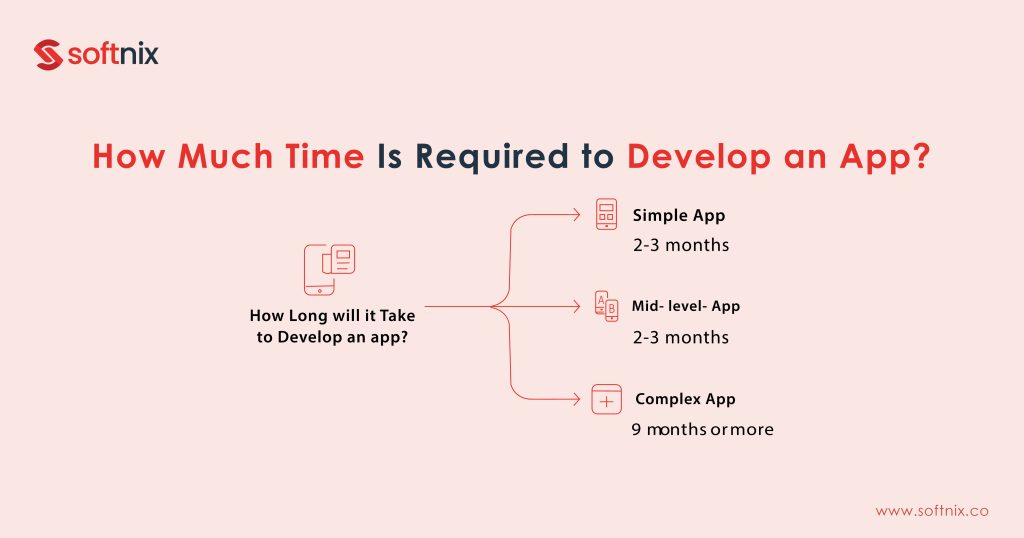
Developing an app typically takes anywhere from a few weeks to several months, depending on the app’s complexity.
Simple apps might be built in 2-3 months, while more complex ones could take 6 months or longer, which also affects how much it’ll cost to develop an application.
The development cycle includes planning, design, coding, testing, and launch. Time allocation varies with different app categories and complexity levels.
Simple Apps
Simple apps, like a basic calculator or a weather app, typically require minimal functionality and a straightforward design. These apps can be developed quickly, often within 2-3 months.
Flashlight or Simple Notepad apps are examples of simple apps. Their development timeline is short due to quick prototyping, a basic backend, and a streamlined development cycle.
Mid-level Apps
Mid-level apps involve moderate complexity, such as user authentication and data storage. They may also include features like API integration and a standard UI/UX. Evernote or Uber for basic ride-hailing functionality are examples of mid-level apps.
Developing these apps generally takes longer, often around 4-6 months, as they require more robust backend work and feature-rich design.
Complex Apps
Complex apps, such as social networks or large-scale e-commerce platforms, require advanced features, custom integrations, and high scalability.
Facebook or Amazon are examples of complex apps, given their advanced features and large-scale operations.
These apps often include multi-platform support and a complex backend. Developing such apps can take 9 months or more due to the intricate design and extended development timelines.
App Development Timelines by Phase
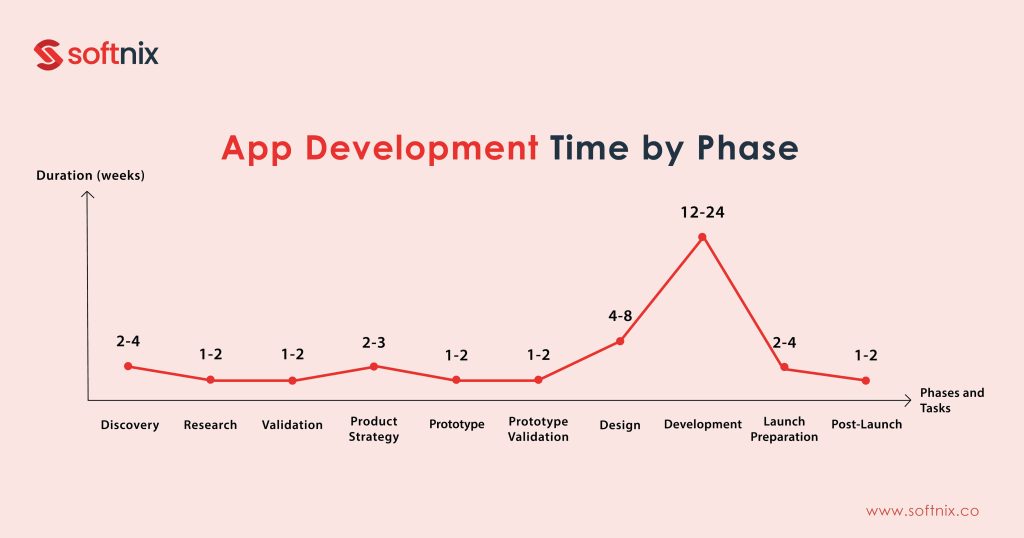
App development timelines can be divided into key phases, tasks, and duration, especially when working with professional mobile app development services. These phases include planning, design, development, testing, and deployment.
Breaking down the timeline by phase helps in managing the project effectively. Setting clear milestones, and ensuring a smooth development process from start to finish. Each phase contributes to the overall success of the app.
The Timeline for the Design & Development Phase
The first phase is discovery, lasting 2-4 weeks, and involves researching the app concept, validating ideas, and developing a product strategy.
This phase includes concept exploration, market analysis, and initial prototype creation. It sets the foundation for the app, ensuring the idea is viable and aligned with user needs before moving into development.
How long does it take to research the app concept?
Researching an app concept usually takes 1-2 weeks. This phase includes market analysis, competitor research, and studying industry trends.
Understanding the competitive market and identifying target audience needs are crucial steps. Experts recommend allocating enough time to explore market opportunities thoroughly before proceeding.
How long does it take to validate the concept?
Validating an app concept typically takes 1-2 weeks. This process involves gathering user feedback through focus groups, surveys, or pilot studies.
The goal is to ensure the concept resonates with the target audience and meets their needs. This initial validation phase is critical in establishing why your business needs a mobile application for growth.
How long does it take to develop a product strategy?
Developing a robust product strategy generally takes 2-3 weeks. During this time, goals are set, features are defined, and a product roadmap is created.
Strategic planning ensures that the app’s development aligns with market needs and business objectives, laying a solid foundation for the app’s lifecycle.
How long does it take to create an app prototype?
Creating an app prototype usually takes 1-2 weeks. This phase includes wireframing and initial design work to visualize the app’s structure and flow.
Using prototype tools, developers create a low-fidelity version of the app, allowing for early design validation and user flow adjustments before full-scale development.
How long does it take to validate the app prototype?
Validating an app prototype typically takes 1-2 weeks. This involves usability testing and gathering feedback from users to ensure the prototype meets their expectations.
Design iterations and adjustments are made based on user interaction, refining the prototype before advancing to the full development phase.
The Timeline for the Design & Development Phase
The design and development phase typically takes 3-6 months, depending on the app’s complexity. This phase involves UI/UX design, coding, and integrating the front end and back end.
Design sprints help refine the user interface, while codebase development ensures functionality. Iterations are made to align with user needs and tech stack requirements.
How long does it take to design the app?
Designing an app typically takes 4-8 weeks. This includes UI/UX design, creating wireframes, and developing a final design mockup.
The process involves multiple design reviews and adjustments to ensure the visual aesthetics and user interface meet the project’s goals. Design approval marks the end of this phase.
How long does it take to develop the app?
Developing an app generally takes 3-6 months. This phase involves coding the front end and back end, along with integrating necessary APIs and backend services.
The development cycle includes several milestones, ensuring each component functions correctly before moving to the next stage.
The Timeline for the Product Launch
Preparing for an app launch typically takes 2-4 weeks. This phase includes final testing, deployment, and submitting the app to app stores for approval. Proper planning ensures a smooth release.
According to Danielle Barnes, a seasoned app development expert, getting app store approval can take a few days to a week, depending on the store’s guidelines and review process.
Product Testing and Maintenance Timeline
Post-launch testing and maintenance are ongoing processes that begin immediately after launch. Initial bug fixes and performance monitoring usually take 1-2 weeks.
Which is followed by regular update cycles and maintenance sprints. Continuous improvement based on user feedback ensures the app remains functional, secure, and up-to-date.
App Development Time by Type
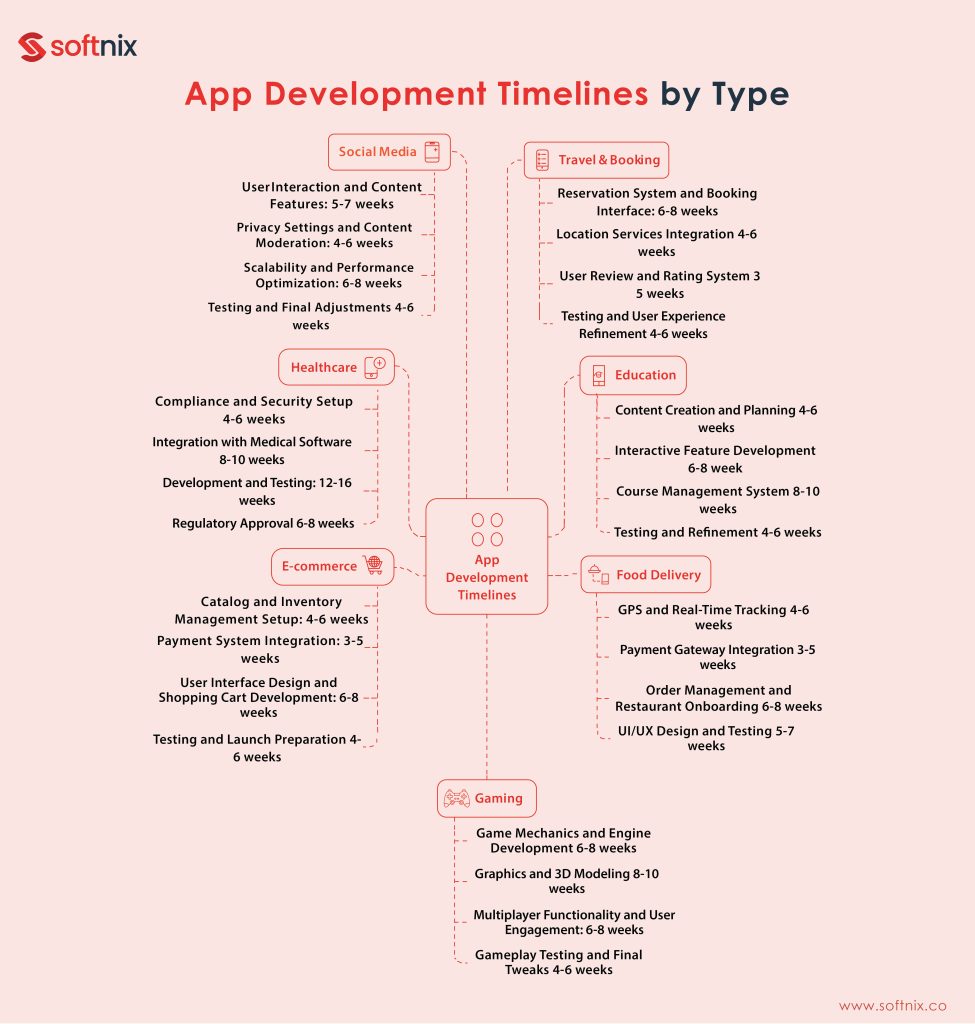
App development time varies by type, with simple utility apps taking 2-3 months, while more complex industry-specific apps like healthcare or education apps may require 6-12 months.
Sector-specific features, customization needs, and industry standards add to the development timeline, making each app category unique in its time requirements.
1. Healthcare App Development Timeline
Developing a healthcare app requires careful consideration of compliance requirements and secure data integrations.
Factors like HIPAA compliance, patient data security, and integration with medical software significantly impact the timeline. These apps must also go through regulatory approval.
- Compliance and Security Setup: 4-6 weeks
- Integration with Medical Software: 8-10 weeks
- Development and Testing: 12-16 weeks
- Regulatory Approval: 6-8 weeks
2. Education App Development Timeline
Education apps often involve content creation and user engagement features, which can lengthen the development process.
The timeline depends on building interactive content, managing courses, and ensuring effective student engagement through educational tools.
- Content Creation and Planning: 4-6 weeks
- Interactive Feature Development: 6-8 weeks
- Course Management System: 8-10 weeks
- Testing and Refinement: 4-6 weeks
3. Food Delivery App Development Timeline
Food delivery apps require features like real-time tracking and payment integration, which are essential for seamless user experience.
The development time is influenced by GPS integration, order management systems, and secure payment gateways.
- GPS and Real-Time Tracking: 4-6 weeks
- Payment Gateway Integration: 3-5 weeks
- Order Management and Restaurant Onboarding: 6-8 weeks
- UI/UX Design and Testing: 5-7 weeks
4. E-commerce App Development Timeline
Developing an e-commerce app involves managing product catalogs, integrating payment systems, and ensuring a smooth user experience.
The timeline includes setting up inventory management, a smooth checkout process, and an intuitive customer interface. Each step is crucial for creating a functional online store that meets user expectations.
- Catalog and Inventory Management Setup: 4-6 weeks
- Payment System Integration: 3-5 weeks
- User Interface Design and Shopping Cart Development: 6-8 weeks
- Testing and Launch Preparation: 4-6 weeks
5. Social Media App Development Timeline
Social media apps require careful planning around user-generated content, scalability, and privacy settings.
The development timeline includes building social networking features, content moderation tools, and privacy controls, all while ensuring the platform can handle a growing user base.
- User Interaction and Content Features: 5-7 weeks
- Privacy Settings and Content Moderation: 4-6 weeks
- Scalability and Performance Optimization: 6-8 weeks
- Testing and Final Adjustments: 4-6 weeks
6. Travel & Booking App Development Timeline
Travel and booking apps need robust reservation systems, location services, and user reviews to function smoothly.
The timeline covers the integration of these features, allowing users to manage travel itineraries, book accommodations, and share experiences through reviews.
- Reservation System and Booking Interface: 6-8 weeks
- Location Services Integration: 4-6 weeks
- User Review and Rating System: 3-5 weeks
- Testing and User Experience Refinement: 4-6 weeks
7. Gaming App Development Timeline
Gaming apps require detailed work on game mechanics, graphics, and multiplayer functionality. The development timeline includes coding the game engine, creating 3D models, and ensuring smooth multiplayer interactions, followed by rigorous gameplay testing to ensure an engaging user experience.
- Game Mechanics and Engine Development: 6-8 weeks
- Graphics and 3D Modeling: 8-10 weeks
- Multiplayer Functionality and User Engagement: 6-8 weeks
- Gameplay Testing and Final Tweaks: 4-6 weeks
7 Key Factors Influencing App Development Timelines
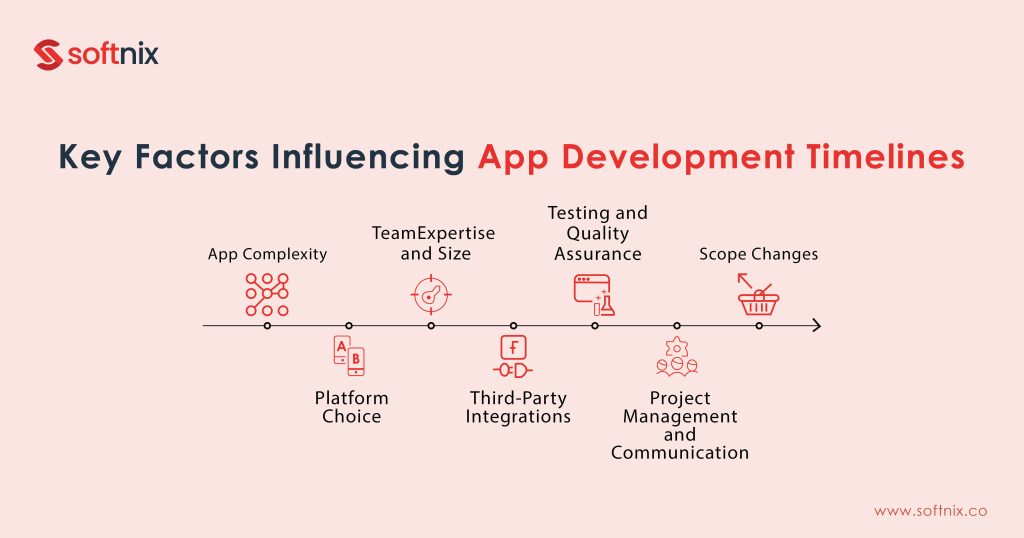
The timelines of app development are shaped by several factors. App complexity and platform choice significantly affect time, with multi-platform development taking longer.
Team expertise can speed up the process, while a broader project scope and advanced technology stack may extend it. Integration needs and thorough testing procedures also add to the overall development time.
1. Complexity of the App
App complexity significantly influences development time. More complex apps with feature-rich interfaces, custom development needs, and intricate backend systems take longer to build.
Martin Fowler, a renowned software development expert said, “As the complexity of a system increases, so does the effort required to develop, test, and maintain it,” which directly impacts timelines.
2. Platform Choice
Choosing between iOS, Android, or cross-platform development impacts the timeline. Native development for each platform takes longer due to platform-specific requirements, while cross-platform tools can shorten the process.
However, multi-platform support often involves additional testing to ensure device consistency, which can extend the overall development duration.
3. Team Expertise and Size
The expertise and size of the development team directly impact the app’s development timeline. A larger, more experienced team can shorten the timeline due to better coordination and specialized skills. Conversely, a smaller or less experienced team may extend the timeline, as tasks take longer to complete and require more oversight.
4. Availability of Third-Party Integrations
The integration of third-party services like APIs and payment gateways can significantly influence development time.
The complexity of these integrations often clarifies how much additional time and effort is needed to ensure smooth functionality within the app. Delays can occur due to compatibility issues or the need for extensive testing to ensure smooth operation.
- Integration Challenges: Complex integrations often require detailed customization and troubleshooting.
- API Documentation Quality: Poor or incomplete documentation can slow down integration efforts.
- Dependency on External Services: Any issues with third-party services can delay development.
- Compatibility Testing: Ensuring third-party tools work flawlessly with the app may require additional testing.
- Time for Implementation: Some integrations take longer to implement due to the need for precise adjustments and validations.
5. Testing and Quality Assurance Processes
Rigorous testing and quality assurance (QA) are essential for delivering a reliable app but can extend the development timeline. Each test cycle, including bug tracking and regression testing, ensures the app meets quality standards.
According to a report by Capgemini, “Software testing typically consumes 25-30% of the overall project effort,” highlighting its significant impact on timelines.
6. Project Management and Communication
Effective project management and clear communication are crucial for keeping development on track. Working with Agile methodology, regular team meetings, and project tracking tools help smooth the process and avoid delays.
Proper coordination ensures that milestones are met, and any issues are quickly addressed, reducing the overall project duration.
7. Scope Changes
Changes in project scope during app development can significantly extend the timeline and increase costs.
When new requirements or features are introduced after development has begun. This process, known as scope creep, can disrupt the project’s flow and lead to delays if not managed properly.
- Adding New Features: Introducing additional functionalities after development starts.
- Changing Existing Requirements: Modifying previously agreed-upon features or specifications.
- Redesign Requests: Adjusting the app’s design or user interface mid-project.
- Integration of New Technologies: Incorporating new tools or technologies not initially planned.
- Expanding the Target Audience: Adjusting the app to cater to a broader or different user base.
Final Takeaways
At the end of this blog, we believe, that you have understood how much time it takes to develop a mobile application, various factors influence app development timelines are important for successful project planning.
From the complexity of the app and the expertise of the development team to scope changes and third-party integrations, each element plays a vital role in determining the project’s duration.
By anticipating these factors and managing them effectively, businesses can ensure a smoother development process, delivering high-quality apps on time and within budget.
FAQs about the Application Development Timeline:
How long does it take to develop a simple mobile app?
A simple mobile app typically takes 2-4 months to develop. This includes planning, design, development, testing, and deployment phases.
What factors affect the development timeline of an app?
Factors include app complexity, features, design requirements, development team size, and testing needs. Changes in scope or additional features can also impact the timeline.
How long does the design phase of app development take?
The design phase usually takes 2-4 weeks. It involves creating wireframes, mockups, and user interface design, depending on the app’s complexity and requirements.
What is the average timeline for app testing?
App testing generally takes 2-3 weeks. This phase includes functional testing, usability testing, and bug fixes to ensure the app performs well across different devices.
How long does it take to develop a complex app like a social network?
Developing a complex app like a social network can take 6-12 months. The extended timeline is due to advanced features, extensive design, and thorough testing requirements.
What are the stages of app development?
The stages are planning, design, development, testing, and deployment. Each stage has its timeline and involves specific tasks to ensure a successful app launch.
How does adding new features affect the development timeline?
Adding new features can extend the timeline. Each new feature requires additional design, development, and testing, which can delay the overall project schedule.
What is the typical duration for app deployment?
App deployment usually takes 1-2 weeks. This includes preparing for launch, submission to app stores, and finalizing any backend infrastructure.
How long does it take to build an MVP (Minimum Viable Product)?
Building an MVP typically takes 1-3 months. This involves developing the core features needed to test the app’s concept and gather user feedback.
What should be included in the planning phase?
The planning phase includes defining project goals, target audience, features, budget, and timeline. This phase sets the foundation for the entire development process.
How long does it take to get an app approved by app stores?
App approval by app stores can take 1-2 weeks. This depends on the app store’s review process and whether the app meets all guidelines and requirements.
Can the development timeline be shortened?
Yes, the timeline can be shortened by prioritizing features, using agile development practices, and ensuring clear communication with the development team. However, this may impact the app’s overall quality.

